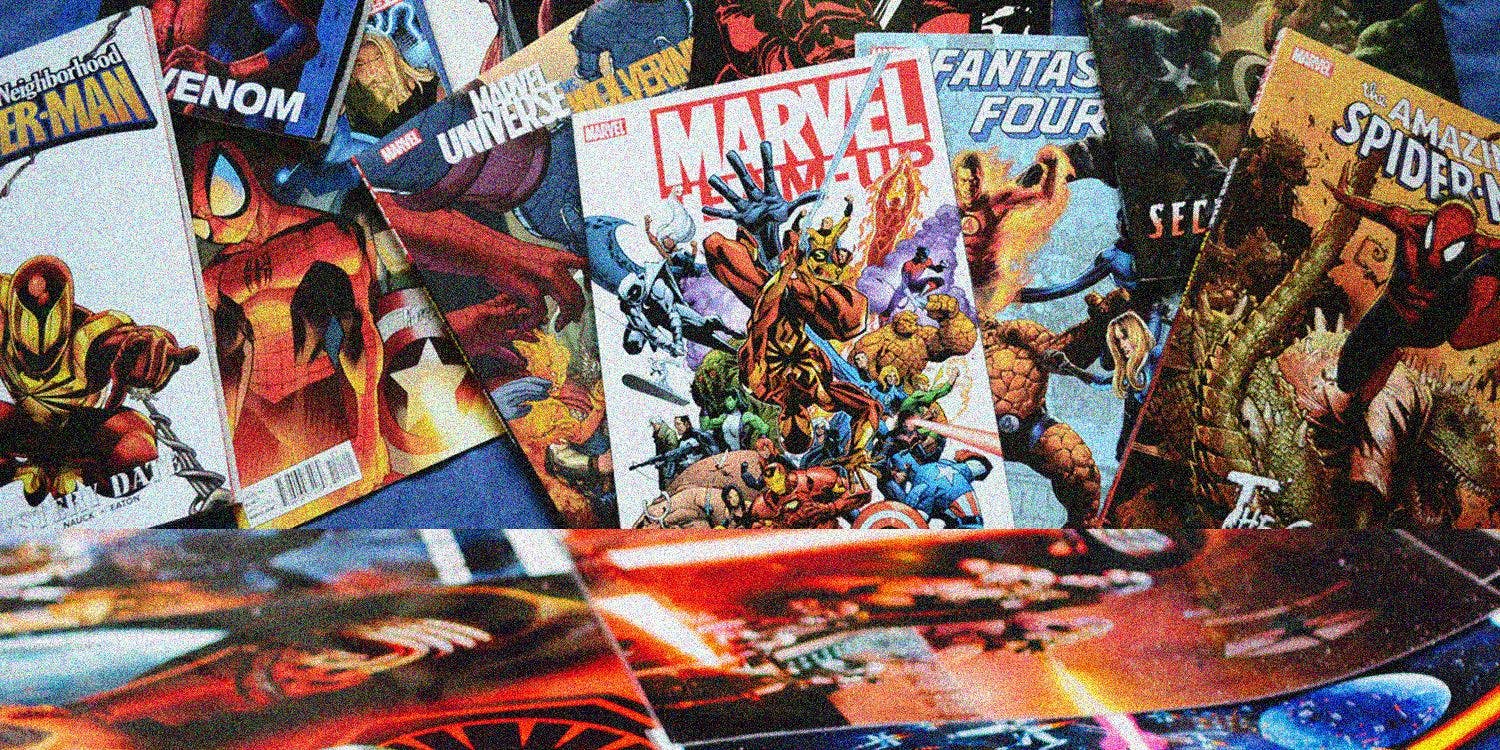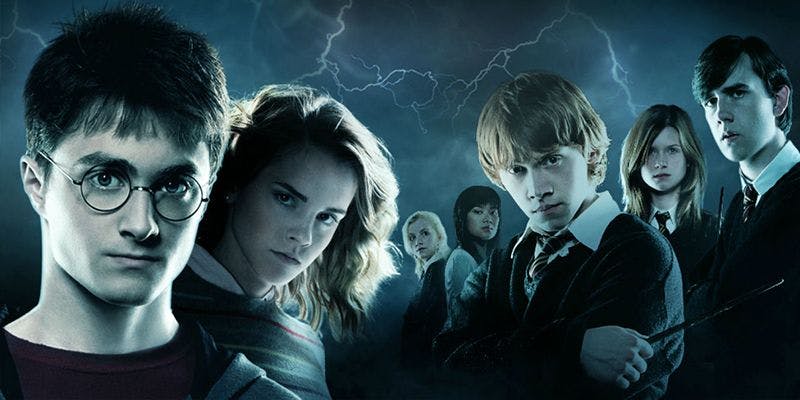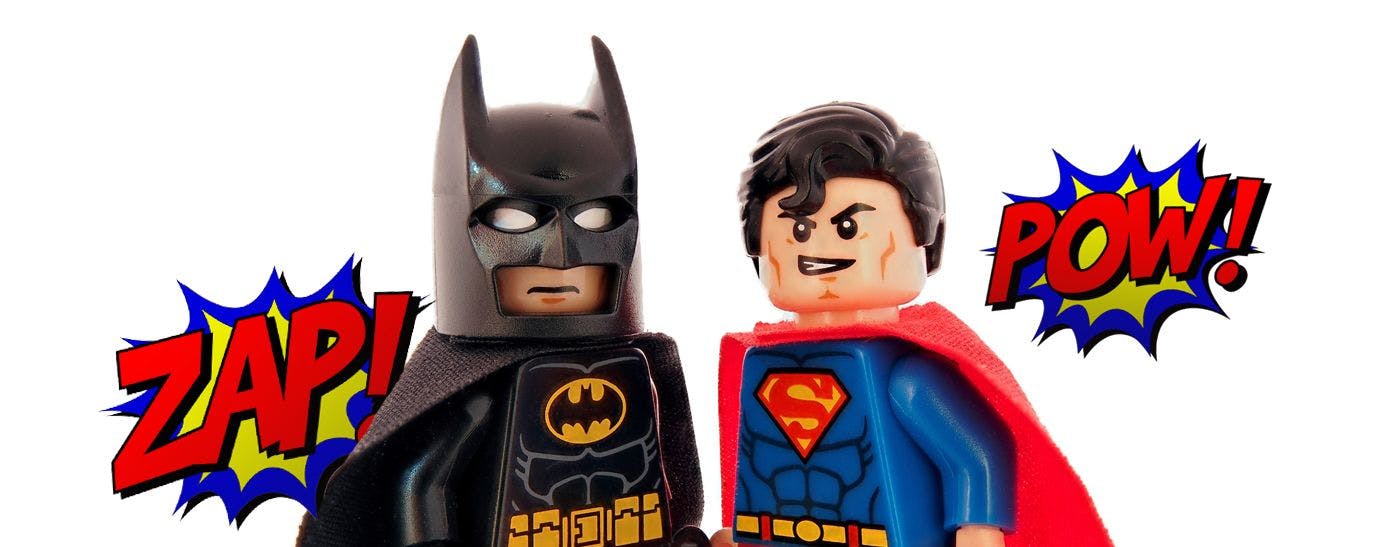The Mainstreaming of Comic Culture

By Lauren McGehee
Comic books and graphic novels are enjoying a boom, with August 2016 hitting a 15-year distribution high since December 1996.
Sales have been growing thanks to the popularity of movies based on comic books, which have also helped expand the audience beyond the core young adult male demo to include females, a variety of ethnicities, as well as older and younger readers.
Experts say we can thank 1977's Star Wars for today's mainstream comic culture. That movie took science fiction out of the specialized niche world it previously lived in. While it never went away, Star Wars jumped to new relevance in pop culture with the release of 2015's The Force Awakens (which is now the highest-grossing movie domestically of all time, without adjusting for inflation). In 2001, films The Lord of the Rings: The Fellowship of the Ring and Harry Potter and the Sorcerer's Stone did for fantasy what Star Wars did for science fiction.


A similar evolution has taken place for comic book adaptations. Hyper-popular films — Marvel's "Avengers" is the most successful franchise in box-office history — work like a Trojan horse, sneaking comic-book stories into the mainstream. The movies allow the genre to reach more (and more diverse) audiences. Caped crusaders today have acquired an aura of mainstream cool while books like The Walking Dead (originally a graphic novel) and Game of Thrones (not a comic, but something that would have been considered niche reading in recent past) and characters like Deadpool are now being adapted for TV and film to reach mass audiences. Even lesser known characters like Ant Man and the Guardians of the Galaxy have now joined Batman and Superman as household names.
Comic book superheroes have a long history of serving as contemporary fables, teaching readers moral lessons through their story panels. But in recent years we've seen them sending some very progressive messages, opening up discussions around taboo subjects and putting a positive spotlight on minorities or other marginalized groups. In India, we see Priya's Shakti depict an abuse survivor who fights against sexual violence with the help of Hindu goddess Parvati and a tiger. American publishing giants DC Comics and Marvel have been broadening minds and progressing society, with transgender characters appearing in Batgirl and superhero Northstar marrying boyfriend Kyle Jinadu to give us the first gay marriage in comic book history the X-Men series. The inclusive nature of this medium has extended to Mexico, with Sensus: El Universo en Sus Ojos becoming the first Latin American comic book to be available in Braille. And most recently Marvel collaborated with ABC News on Madaya Mom , a real-life account of a mother living in the war-torn Syrian city of Madaya.
Whether or not audiences will tire of comic book fare remains to be seen, but experts say sci-fi, fantasy, and the like are probably here to stay. They may experience a rise and fall, but probably won't ever go away completely. For example, while Westerns have declined in popularity, a cowboy movie pops up every so often (Magnificent 7 is in theaters right now).
If you'd like to see how Traction used an audience cultural insight to design Serverpocalypse, an interactive comic for an IT audience, contact us here.

As one of the bigger brains at Traction, Lauren makes sure that everything we do has a damn good reason to exist. As the champion for the consumer, she steers our discovery and research to insure that we have relevant insights into our audiences’ behavior and desires. When she’s not making our team better, she is learning about the world through travel, food, books, art, and chasing her very fast dog, Greg.

Today marks a sad chapter in the Traction story as we mourn the passing of our dear friend and co-founder, Michele Turner.

How great is it when you discover an amazing new band based on Spotify’s recommendations?

A recent study from consultancy, Russell Reynolds Associates, shows that CMO turnover has reached record highs.